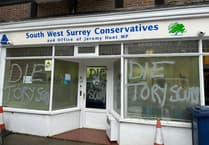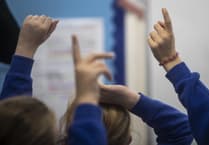THE coronavirus pandemic has been “absolutely devastating” for cancer patients because many have had life-saving treatment rescheduled or cancelled, says Nina Barough, founder and chief executive of the Woking-based breast cancer charity Walk the Walk.
Nina was speaking to the News & Mail in the run-up to World Cancer Day this Friday, 4 February, which she hopes will refocus attention on the need to prevent and properly treat the killer disease.
“A lot of people had to go into isolation because they were high risk which meant living apart from families; an incredibly lonely and isolating experience.
“On top of that, the face-to-face treatments that people depend on, many of them coming from charities working within hospitals, did not take place. A lot of those organisations have not been able to continue,” Nina said.
The pandemic restrictions also meant that many people who suspected they had cancer were not receiving diagnoses, either because they could not get to see a doctor or were reluctant to do so, she added.
“Many have been going to their doctors too late and having much more involved treatment and secondary cancers diagnosed.
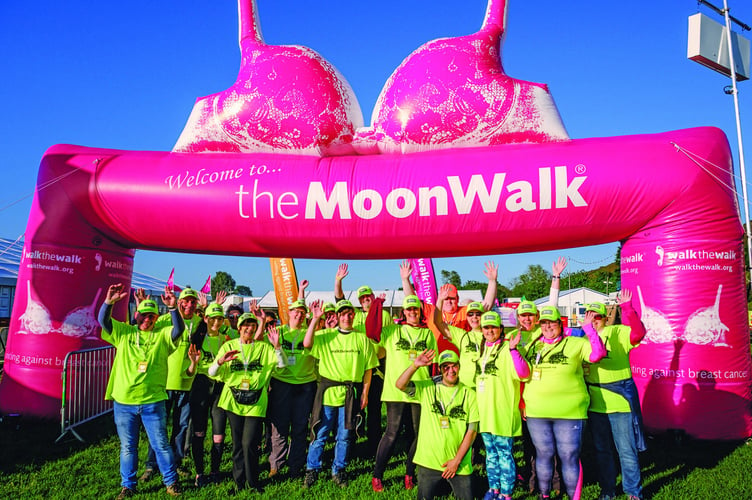
“Because more people are having to deal with secondary cancers, the demand on integrated care, the emotional and physical support, is now greater than ever. It’s a vicious cycle.
“People were experiencing the anxiety of not only having cancer but also having to deal with this day-to-day upheaval of COVID.”
Nina knows first-hand the importance of speedy diagnosis and treatment, having had breast cancer herself just as she was starting to form Walk the Walk about 25 years ago.
“When I had my own cancer, I was working and running around all over the world. I did have a couple of symptoms, but they were very slight.
“When I did finally get diagnosed, I had an aggressive tumour which I’d had for about three years. I would never have known that without early detection.”
Walk the Walk, which gives grants to fund breast cancer treatment and research, was, like all charities, hit by the pandemic restrictions which made fundraising virtually impossible.
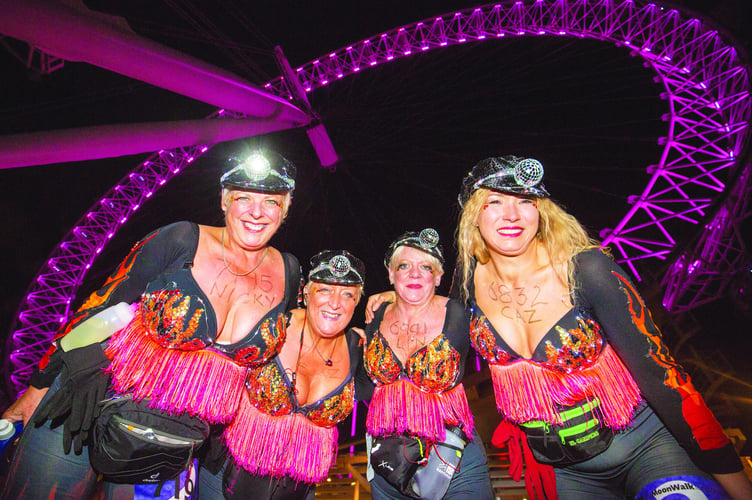
“The last two years have been like being on a battlefront every single day because we were trying to think up different ways we could raise money, what we could do and couldn’t do, with a very reduced team,” Nina said.
Walk the Walk’s main fundraising has come from the annual MoonWalk in London and other cities in which thousands of women and men speed-walk a full or half marathon distance wearing brightly decorated bras.
The pandemic forced the live MoonWalks to be cancelled for the past two years but continued as virtual events with walkers covering the distance in their own neighbourhoods.
“We’ve always held reserves that we felt were sufficient if we could not hold the MoonWalk due to some climatic disaster,” Nina said. “But we’ve never had provision to not hold an event for two years.”
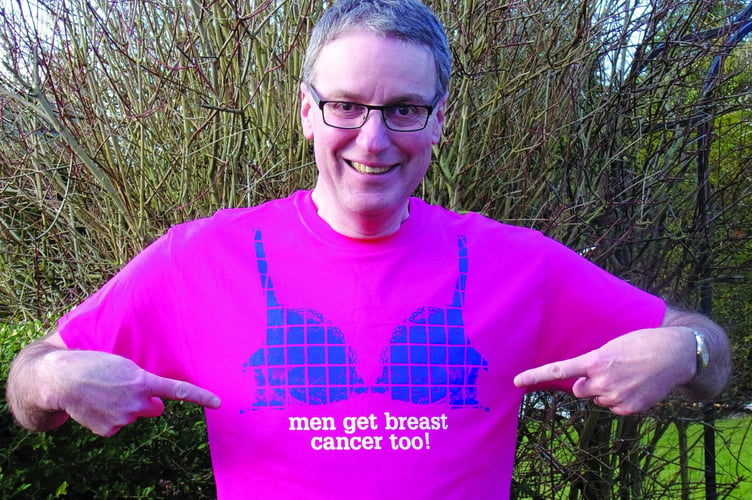
Walk the Walk adapted by more than halving the staff at its HQ in Albert Drive and putting a cap on the amount of grants it gave.
“A lot of the requests that we were getting were to support the development of online services, which a lot of organisations didn’t have.”
Nina said that one of the positives that has come out of COVID is that people of all ages have been thrown headfirst into a digital world.
“One of the saving graces was all the things people could do online. They were fundamental to keeping people more active.”
The recent easing of pandemic restrictions has meant that a live MoonWalk is being planned in London for May.
“I am defiantly optimistic that we are going to have this event in May and it’s going to be fabulous. I’m going to be there,” Nina said.

